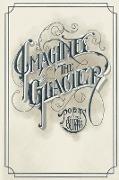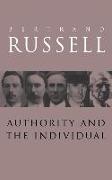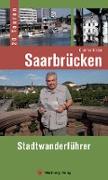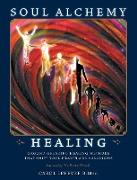Imagine the Glacier
BücherAngebote / Angebote:
Maintenance is the expense no one ever estimates correctly, and that margin of error, of uncertainty is the real cost, the one Matthew Burns assesses with such precision in Imagine the Glacier. None of the losses (a chicken named Ginger gone to a hawk's dinner, the absence at the heart of a John Prine song) are too small to record, none of the gains (a wife's new dress considered in light of what in the world it can't solve, the relief of a late matinee with The Royal Tenenbaums diminishing into dusk) sufficient to offset the atrophy of old towns, the calamity of wildfire, the darkness surrounding a train's headlight on a curve. But to see this all clearly (the perennially unsold vans in a used car lot, the bright slivers of metal left in a hand from sharpening a shovel) is to experience what these poems offer so generously and scrupulously, a world as immediately present as it is imperiled.
-Jordan Smith, author of Little Black Train
Steeped in the everyday violence of the wild that is and is not human, Imagine the Glacier argues that even the devastations of our age can yield to intimacies with the lover and the other, including the non-human, such as animals and the elements, weather patterns and the seasons. In an age of rapid urbanization when one place seems interchangeable with another, Burns casts a compassionate, granular gaze on human-built and natural environments, capturing their interconnections and textures in gorgeous, vividly rendered poems. Embracing the warp and weft of deep time and personal memory, Imagine the Glacier teaches us how to live-"how to go home"- in the Anthropocene: "Look/ at the rivers in their swell, they have nothing/ against you, they do not care, not about the time/ in '89, in January, when you almost drowned, / setting old tires on fire and sliding them/ across the ice like cheap comets..."
-Sarah Giragosian, author of The Death Spiral
An expertly crafted first collection, Imagine the Glacier roves through landscapes domestic and natural to recover precisely what's there: "high pines and flowers, / the leg of an elk / some vulture left / dangling in a tree, " or "a coyote running / from one culvert to another / in the black of a desert unlit / by streetlight or any moon." Contained within Burns's exacting language are expressions of profound generosity and praise, but also a grave and, at times, frightening quietude. The effect is a kind of gothic pastoral. As the poems breathe and carve their path, their relics start to twitch and knock against the cabinets.
-James Capozzi, author of Country Album and Devious Sentiments
Folgt in ca. 10 Arbeitstagen




